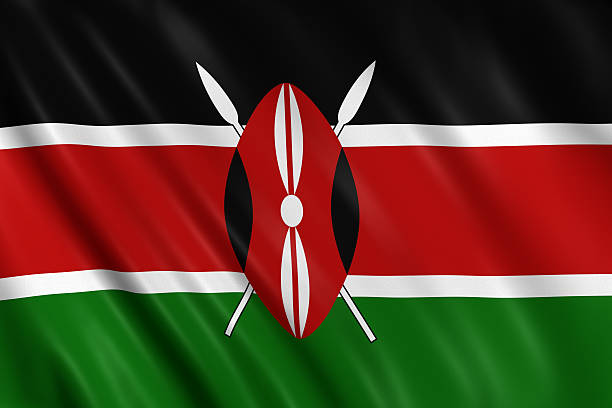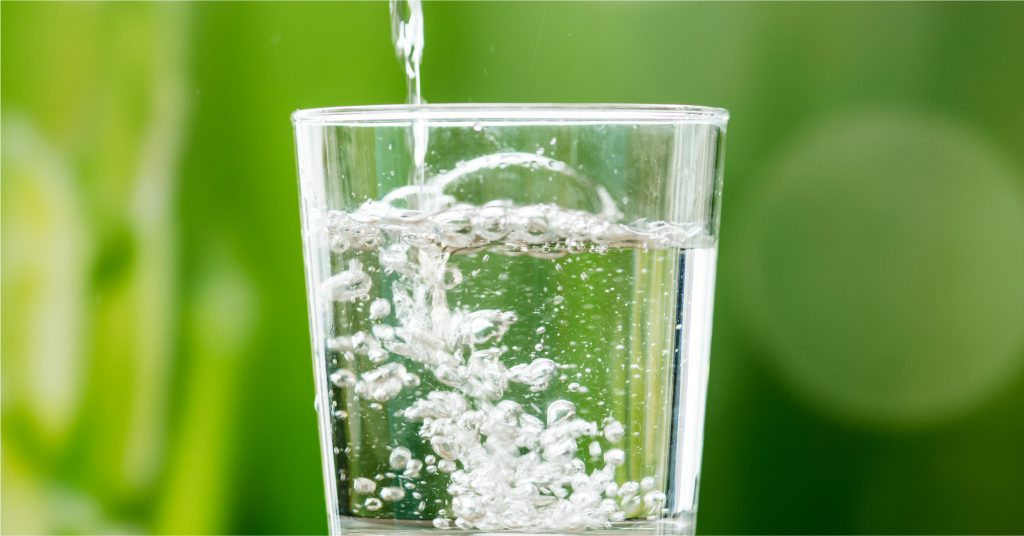Water is a crucial resource for life, and in Kenya, ensuring access to clean and safe drinking water is a priority for many households. As more people explore alternatives to tap and bottled water, distilled water has gained attention. But the question remains: Is distilled water safe to drink?
This blog will address everything you need to know about drinking distilled water in Kenya, including its safety, benefits, and potential risks.
What is Distilled Water?
Distilled water is produced through a process called distillation, where water is boiled into steam and then condensed back into liquid form. This process removes impurities, minerals, and contaminants from the water, leaving it pure and free from most substances found in regular tap water.
While distilled water is widely used in laboratories and medical applications, its consumption as drinking water raises some common concerns. Let’s explore whether it is safe to drink distilled water and its effects on health.
Is Distilled Water Safe to Drink?
Yes, distilled water is safe to drink, but it comes with certain considerations. The distillation process removes harmful contaminants such as bacteria, heavy metals, and chemicals, making it one of the purest forms of water available. However, it also eliminates beneficial minerals like calcium, magnesium, and potassium.
In Kenya, where water contamination is a significant concern, distilled water can serve as a reliable alternative to ensure you are not consuming harmful pollutants. However, the absence of minerals may raise questions about its long-term health effects.
Benefits of Drinking Distilled Water
- Purity
Distilled water is free from toxins and impurities, which is especially crucial in areas where tap water may not meet safety standards. For people in Kenya, distilled water can offer peace of mind regarding water quality. - Suitability for Special Needs
Distilled water is often recommended for individuals with specific medical conditions or dietary restrictions, as it lacks sodium and other compounds found in regular water. - Neutral Taste
With no minerals or chemicals, distilled water has a clean, neutral taste, which can be preferable for some people.
Potential Concerns About Drinking Distilled Water
While distilled water is safe, its lack of minerals raises concerns about its suitability as a primary source of drinking water. The absence of minerals might lead to certain deficiencies over time, especially in people who rely solely on distilled water for hydration.
In Kenya, where the climate can be hot and humid, hydration with water containing electrolytes is often necessary. This helps to replenish lost minerals through sweat. Drinking distilled water alone may not provide these essential electrolytes.
Another concern is its slightly acidic nature. When exposed to air, distilled water absorbs carbon dioxide, which lowers its pH. While this acidity is not harmful, some experts believe it could contribute to mineral loss from the body if consumed in large quantities.
How Much Distilled Water is Safe to Drink?
The amount of distilled water you can safely drink depends on your diet and overall health. For most people, moderate consumption of distilled water poses no risks.
- Supplementation of Minerals
If distilled water is your primary water source, consider balancing it with a diet rich in minerals. Foods like leafy greens, dairy products, nuts, and seeds can help offset any mineral loss. - Short-Term Use
Using distilled water for short periods is generally safe and may be beneficial if you suspect contamination in other water sources. - Balance is Key
Drinking a combination of distilled and mineralized water can ensure you get the best of both worlds: purity and essential minerals.
Applications of Distilled Water in Daily Life
Beyond drinking, distilled water is widely used in Kenya for other purposes:
- Cooking and Food Preparation
Distilled water can be used for preparing meals, especially soups, and beverages, where pure water is required to enhance flavors. - Medical Uses
Hospitals and clinics often use distilled water for sterilization and medical procedures, highlighting its safety and purity. - Appliances
Distilled water is ideal for use in appliances like irons and humidifiers, as it prevents mineral buildup and extends its lifespan.
Ion Exchange’s Contribution to Distilled Water Solutions
As Kenya continues to face water quality challenges, companies like Ion Exchange are playing a crucial role in addressing these issues. Ion Exchange offers a wide range of water treatment solutions to ensure safe drinking water for both households and industries. Their approach goes beyond just removing contaminants, focusing on retaining essential minerals in the water.
Ion Exchange, a pioneer in potable water treatment solutions in Kenya, offers a comprehensive range of products under its flagship brand, ZeroB. These solutions utilize advanced purification technologies, such as reverse osmosis, ultrafiltration membranes, electrochlorination, ozonation, and resins, to purify surface and groundwater, making it safe for drinking. The range includes:
- Point-of-Use Purifiers for Homes (ZeroB)
- Water Treatment Systems for Institutions
- Rural & Community Water Treatment Systems
- Containerized Water Treatment Systems
These solutions cater to diverse needs, ensuring safe and clean drinking water across various environments.
Conclusion
So, is distilled water safe to drink? Absolutely, but with some caveats. In Kenya, where water safety is a priority, distilled water provides an excellent solution for avoiding harmful contaminants. However, to maintain optimal health, balance your intake with other sources of hydration that contain essential minerals.


